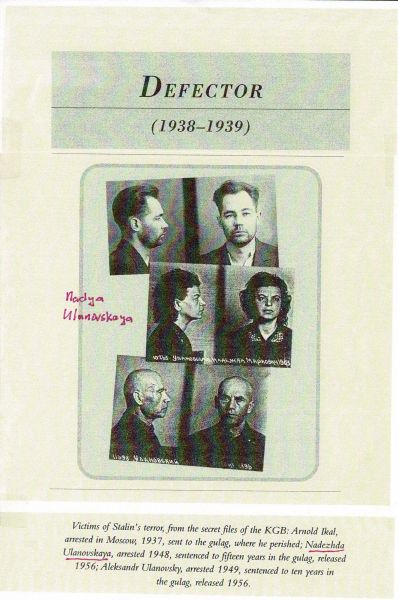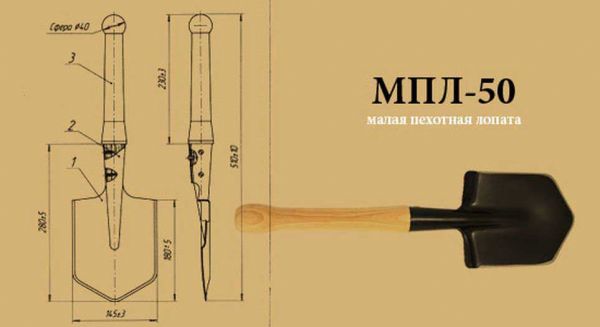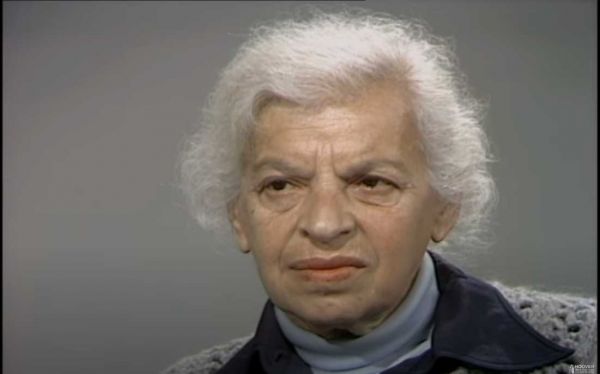Whittaker Chambers and the Underground Conspiracy
Whittaker Chambers and the Underground Conspiracy
Whittaker Chambers joined the Communist Party in 1925. His life as a communist started simply, first as a sales manager for the Party newspaper The Daily Worker, then as an occasional writer for the paper, then to more important positions. He survived the first major factional fight and purge at The Daily Worker in 1929, resigned on his own terms shortly afterward, and went to work for The New Masses, the Communist Party's art and literature magazine.
In 1931, he received a summons to go "underground" and left The New Masses, Soon afterward, he met his Russian controllers, a couple named Alexander and Nadya Ulanovsky. He did not know their real names until many years later, only their cover-names "Ulrich" and "Maria." The Ulanovskys also gave Chambers his cover-name "Bob."
This photo comes from Whittaker Chambers, a biography by Sam Tanenhaus
"Ulrich" worked for the Soviet secret service as if under a dark cloud, because, years before the Bolshevik Revolution, while imprisoned in Siberia, he had stolen the overcoat of another prisoner, Joseph Stalin. Ulrich had to abjectly apologize to the Soviet dictator for this crime. Miraculously, both he and "Maria" survived the Stalinist purges.
The Ulanovskys befriended Chambers, whom they considered a "literary man" like themselves, "impressively versed in Russian and German literature." So they not only directed an espionage cell on behalf of revolutionary Marxism, they were also intellectuals who often discussed literature and found Chambers "amazingly sensitive in his judgments." (from Whittaker Chambers by Sam Tanenhaus)
Chambers unfortunately could not reciprocate. He remembered two incidents from his relationship with the Ulanovskys that remained with him for the rest of his life. He had great respect for them, and they made a lasting impression on him; but he could never forget the "shovel" incident, which involved Maria and another Russian agent, code-named "Charlie." Chambers recollects the incident in his autobiography Witness:
One day, when "Charlie" and "Maria" were talking together in Russian, I became aware of some
hitch in the conversation, which, of course, I could not understand. Maria turned to me and said,
"Isn't it stupid—it comes from being away from home for so long—but neither Charlie nor I can
remember the Russian word for 'shovel'."
Without thinking, I asked, "Can it be lopata?
Charlie, bending over the box, froze in that position. Maria sat rigid with her hand on a heap of
patents. Both fixed me in silence with expressions that were blank and deadly.
Chambers could hardly believe it. They looked like they wanted to kill him, right then and there.
"How do you know that word?" Maria asked in a slow, gutteral voice. . . . "It is very strange that
you know the Russian word for a shovel. . . . Are you sure you don't know Russian?"
I saw that I had given them a bad fright. Their thought, of course, was that, if I was concealing
the fact that I knew Russian, I must have a purpose in concealing it. . . . Who was I, anyway?
A police spy? Maria always insisted that I was simply a Russian peasant. It was a good many
days before the distrust completely left Maria's eyes. . . .
The tension and suspicion that that one word invoked, though deeply hidden, are scarcely, even
for a moment, absent among people in Communist underground work.
The second incident Chambers relates in Witness concerned "Slivovitz," an Eastern European plum brandy. Chambers tells the story to illustrate again how relationships in the Soviet underground had a conspiratorial tension or angst:
I do not know why Ulrich decided at that time to probe what, if anything, lay behind my natural
quietness. Perhaps, without realizing it, I had dropped some unorthodox remark about the Party
line. Perhaps I had only smiled slightly at the wrong times, or my comrades had inferred from
my silences that I held heretical views, For they were extremely acute observers. . . .
Ulrich set out to probe my thoughts in the oldest, simplest way. We had just moved to the Office.
Maria proposed that we should celebrate with a party. I do not like parties. I tried to make excuses
and beg off. Ulrich insisted and, at last, told me that it was "a command."
We sat around a big table. Babushka was present. Her grinning face was one of the last things I
remembered of that night. Joshua Tamer had brought a bottle from his place of business. He filled
my glass and tinctured it with Slivovitz. By the third glass, I no longer knew what I was saying,
and soon I did not know what I was doing. They began to question me about my views on the
German crisis.
When I came to, it was morning. Maria, disheveled and haggard, was sitting on a couch. Ulrich
had rolled himself up in a rug on the floor. Maria would not speak to me. Ulrich asked coldly,
"Do you know what you did? You denounced the party. When Maria defended it, you knocked
her down. You also knocked me down."
I wondered what they would do with me. Ulrich, in the same grim voice, then told me that he
had purposely got me drunk to find out what I really thought.
Chambers patched up his relations with Ulrich, but the Russians clearly kept him on a short leash, and he never again let down his guard.
Maria was more personal. I apologized for knocking her down. "No," she said. "I believe in the
saying, 'In vino veritas'. If you really liked me, you would not have knocked me down." She never
wholly trusted me again.
Chambers defected from the Soviet underground in early 1938, without learning Maria or Ulrich's real names. Not until much later did he learn them. By the time Allen Weinstein interviewed Maria for his new book on the Alger Hiss Case, Ulrich had died, and Maria had fled Russia with her family and settled in Israel, using her real name "Nadezhda Ulanovskaya". Weinstein travelled to Israel to interview her, and her words should settle Chambers's representation of his Soviet espionage cell, its functions and personality.
This photo from a "Firing Line" broadcast from the Public Broadcasting Corp., July, 1977
Ulanovskaya told Weinstein:
"All of it I find perfectly in order. . . . I found in it some inaccuracies, but they were of a minor
character. . . . On the whole, the book is fairly accurate in that part of it which describes events
of which I had a firsthand knowledge."




